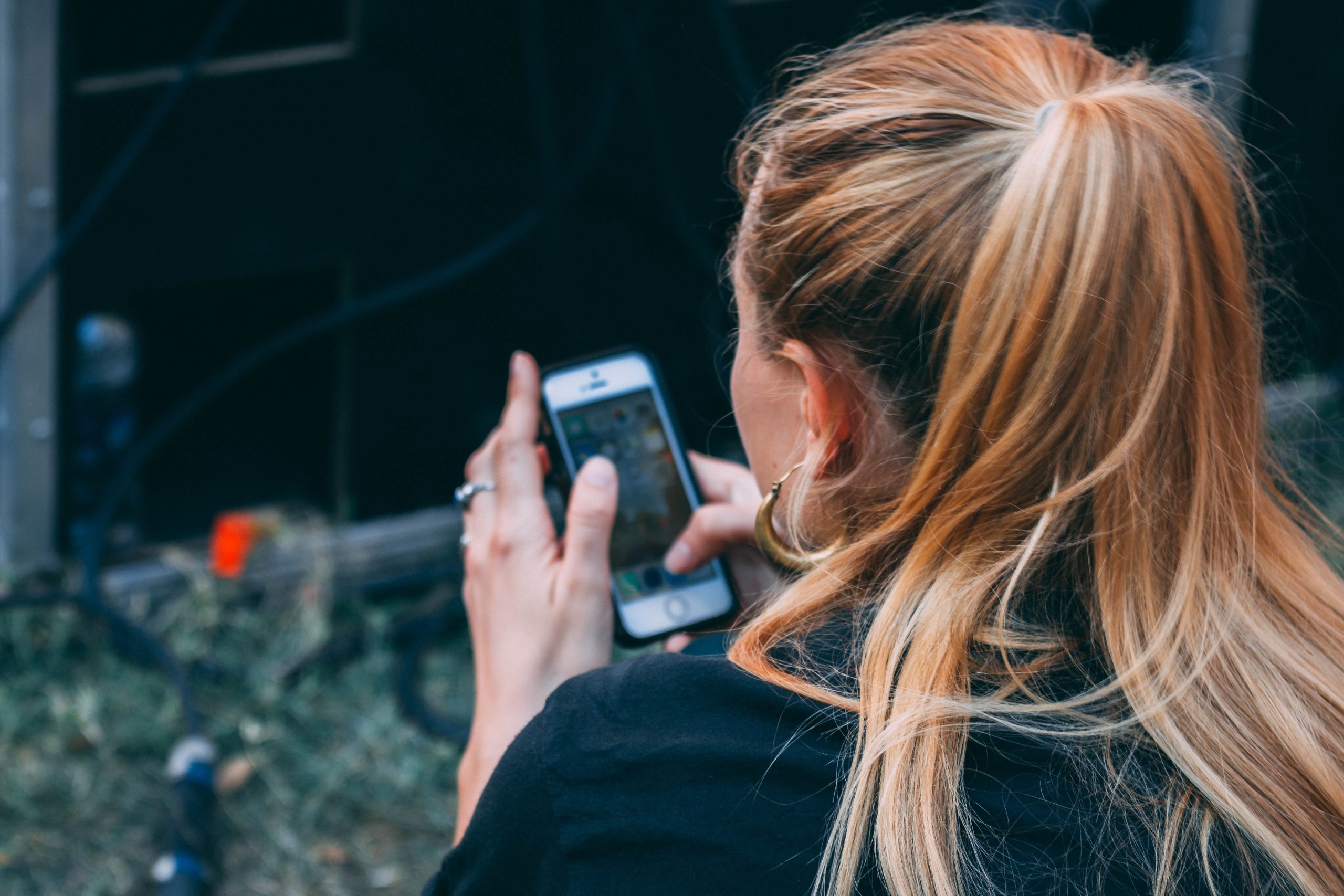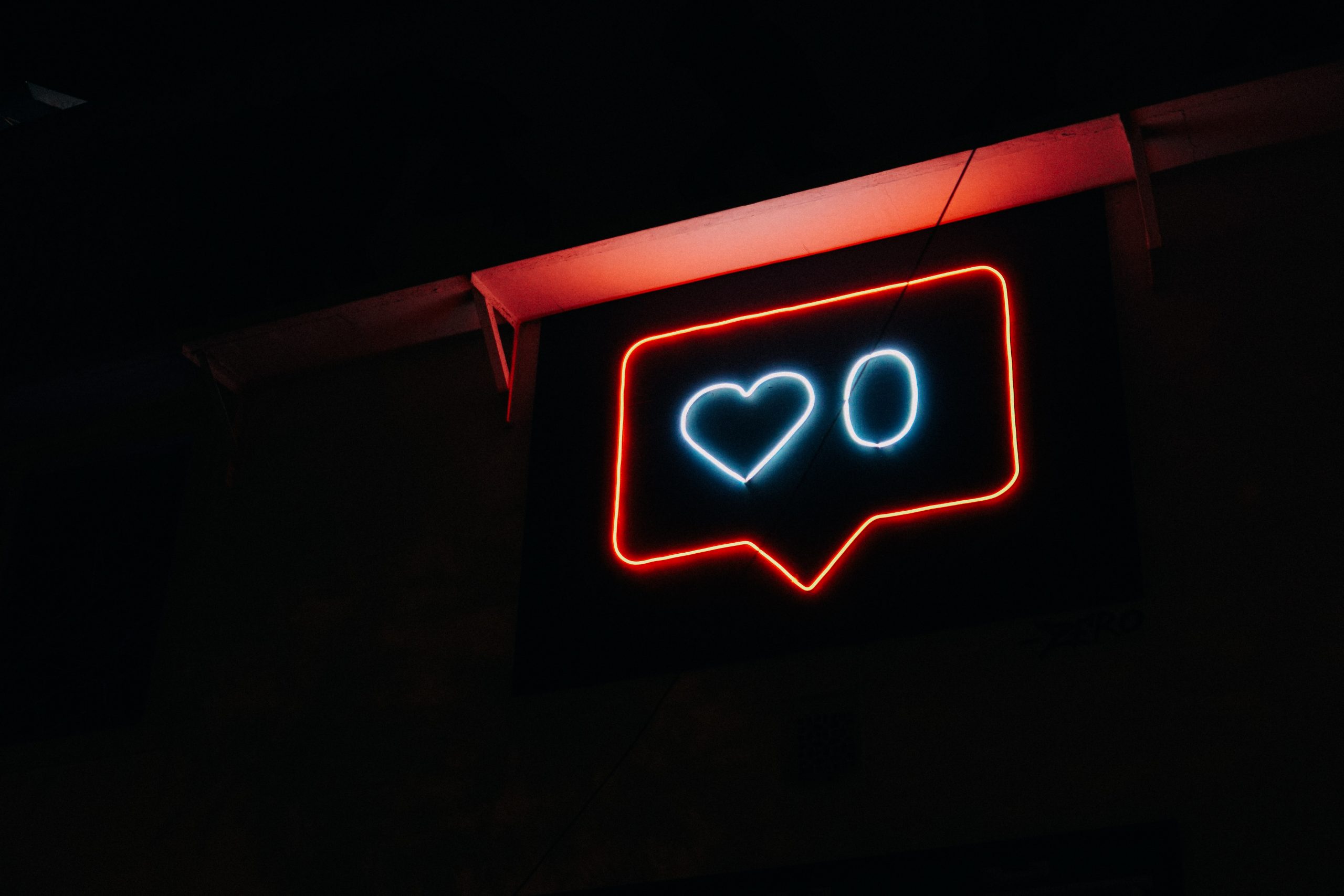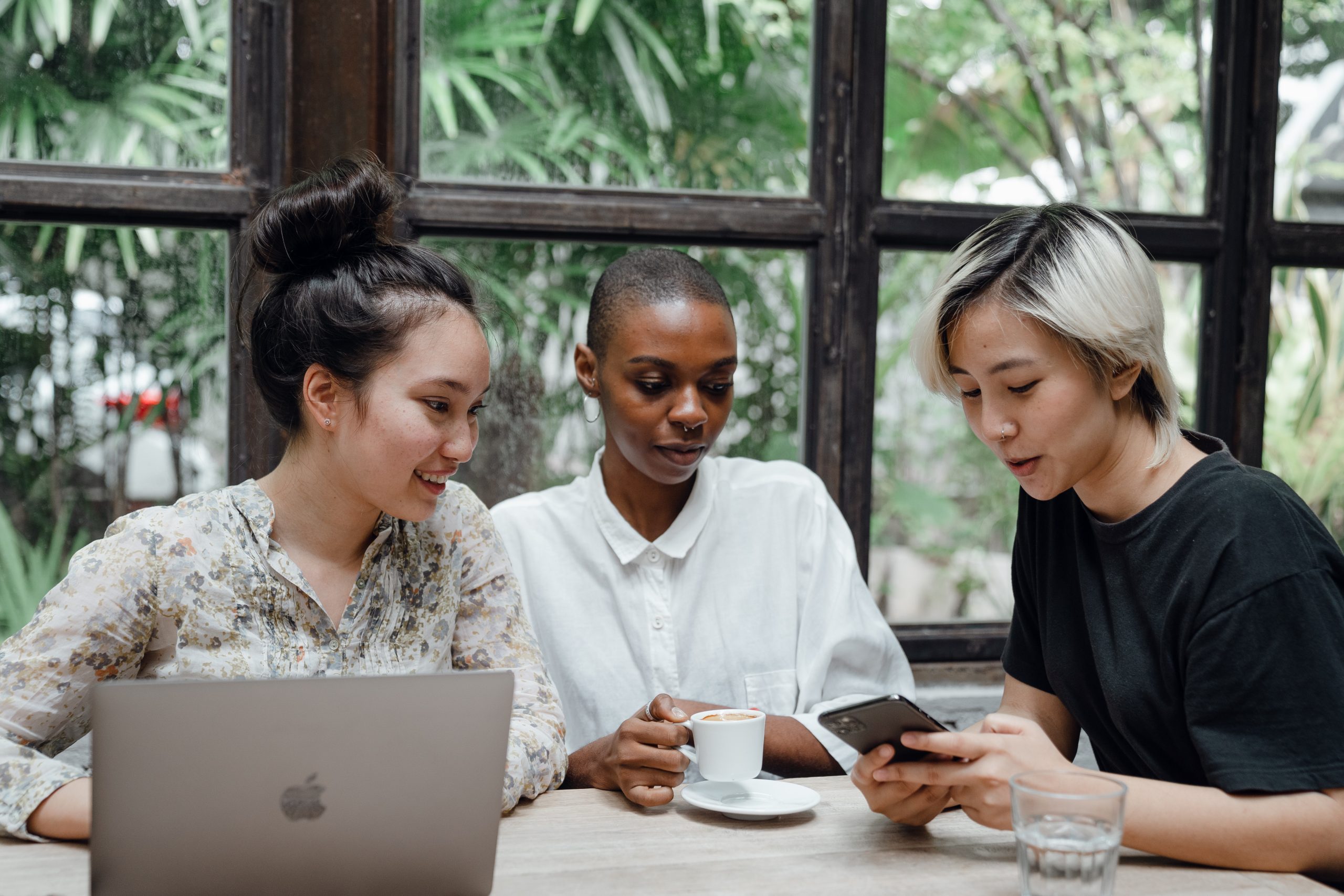All forms of media influence individuals greatly. The media we consume affects how we perceive the world, think about others, and think about ourselves. For many women, the media they see and consume deals with limiting women to what they look like rather than who they are. The objectification of women in media is pervasive. Although there’s increasingly more honest and nuanced portrays of femininity, the objectification of women in media is far from being eradicated.
Social media is particularly worrying when talking about objectification and body image issues. Although women could see unrealistic images of women in media in the past, social media has drastically increased the amount of content we see and how fast we see it. We have to face objectification—and how it makes us feel and react—every day.
A quick note: Although all genders can face body image issues, research shows that is it more widespread among women. And this may be related to the fact that girls and women are more likely to both spend much more time on social media and focus on the attractiveness of the photos than boys and men. Below are some reasons why social media negatively affects body image for women and young girls.
Selfies & Body-Centric Content
When we scroll through our social media accounts, we are likely to see a lot of selfies and full-body pictures of friends, family, and famous people. It’s the name of the game to post pictures of ourselves, usually doing something cool or in front of a cool backdrop. In fact, this body-centric content has the most engagement on social media.
Although taking selfies isn’t inherently bad, it creates an environment where users show off their looks and their bodies. Social media often boils individuals down to attractiveness, while disregarding other more important aspects of someone’s personality like humor, intelligence, or kindness. This body-first climate has serious effects on body image.
First, it can exacerbate already existing negative body image. While many people use social media to garner validation for their bodies, those who struggle with body image issues do it even more. Technology can be very addicting (see LifeBonder’s recent blog post exploring that topic), and when we conflate likes and comments with self-worth, it can worsen body image issues, self-esteem, and overall mental health.
Another way that body-centric social media affects body image is by perpetrating a worrying trend that researchers (and authors of More than a Body) Lexie and Lindsay Kite call “self-objectification.” They describe “self-objectification” as when women and girls become preoccupied with their looks, walking through life imagining what they look like and how others perceive them rather than how they feel and interact with their surroundings. The Kites have found that women who engage in self-objectification, aka having their appearance in the front and center of their mind, find it harder to focus on much else. Studies shows that girls who self-objectify score lower on math and reading comprehension tests, can’t run as far, and can’t lift as heavy weights compared to those who weren’t self-conscious of their bodies. Just think about the academic, athletic, and creative contributions from girls and women we are missing out on because they are in the throes on objectification and negative body image.
Comparison
When we encounter so many body-centric images on social media, this naturally leads to comparison. Although some comparison is unavoidable in everyday life, it becomes much worse online. Research shows that more time spent online leads to higher rates comparison and worse self-esteem.
Comparisons we make online are incredibly uneven and unfair. When scrolling, we are comparing other people’s carefully curated highlights from their life to our everyday, uncensored existence. Many photos on social media are filtered, edited, or even digitally altered. There are very serious issues with digital manipulation of photos and videos—like the rapid spread of misinformation. In terms of body image, however, digital manipulation means portraying beauty standards that are quite literally impossible. Users can become more sensitive to how they appear after viewing these unrealistic standards, often leading to negative body image. In fact, social media use has been found to be consistently and positively associated with negative body image.
More specifically, research has found that when women compare their bodies with others, it directly leads to deflating body image, greater body anxiety, and higher body dissatisfaction. People who use social media more often tend to compare and self-objectify more frequently, which leads to worse mental health, lower self-esteem, greater body shame, and a greater likelihood of undergoing cosmetic surgery. Beyond that, comparison can make us seriously hurt meaningful relationships, and exasperate feelings antagonism, division and loneliness.
Advertisements & Influencers
Social media influencers set beauty trends, make content that is body-focused, and have an active following that mostly comment on the influencer’s bodies or fashion choices. Body ideals enforced by media becomes achievable on social media when we see pictures and videos of “real” people living the dream.
One of the concerning things about famous people and influencers on social media is the blurring of the lines between individual content and advertising. Sponsored content can be found on almost any large social media account, and for the most vulnerable among us, that hidden #ad or #sponsored doesn’t help us to be aware of the financial motives behind the content. And the products that are being promoted by these accounts are often beauty and fitness related, making money off the body insecurity of women. These products claim to “fix” flaws women have—de-aging cream, diet supplements, workout equipment, etc. And this kind of guerrilla advertising works, with influencer marketing being extremely widespread.
Ways to Feel Better
As outlined above, there are some serious consequences to body image as a result of social media usage. And decreased body image, beyond being a mental health issues, can lead to serious physical health problems like eating disorders. Although scary and disheartening, there are some things that we as individuals can do to push back against the negative effects of social media on our body image.
First, we can control how we interact with social media. We can manage the content we see by curating who we follow and avoiding the “explore” pages on social media apps. We can also choose what kind of content we want to post. Maybe share some pictures of what you see, rather than a posed picture of yourself. Most importantly, we must find times (days, weeks, or even a few hours) to completely unplug and be present.
Some bigger, and arguably harder solutions, deal with changing how we view our body. In More than a Body: Your Body is an Instrument, Not an Ornament, the Kite sisters talk about how girls and women need to deprogram from thinking of themselves as bodies first and people second. They don’t want women to be or feel pretty, they want people to stop making pretty the be-all-end-all goal for them.
As blogger Erin McKean wrote, “Prettiness is not a rent you pay for occupying a space marked ‘female.’”
Note: If you are having feelings of depression, suicidal thoughts, or any of the body image issues outlined in this blog, please reach out to a trained professional. For emergencies, you can call a mental health hotline (here are some suggestions).


